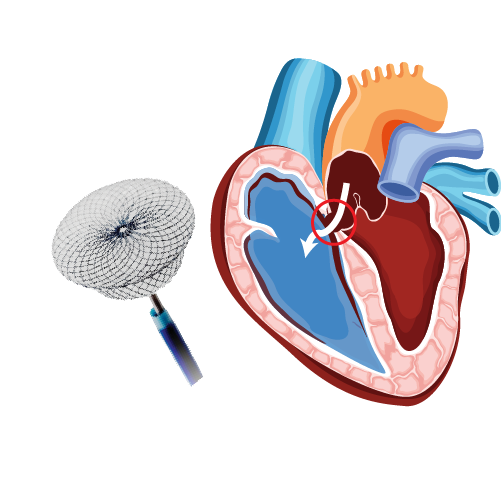Atherosclerosis and Heart Disease
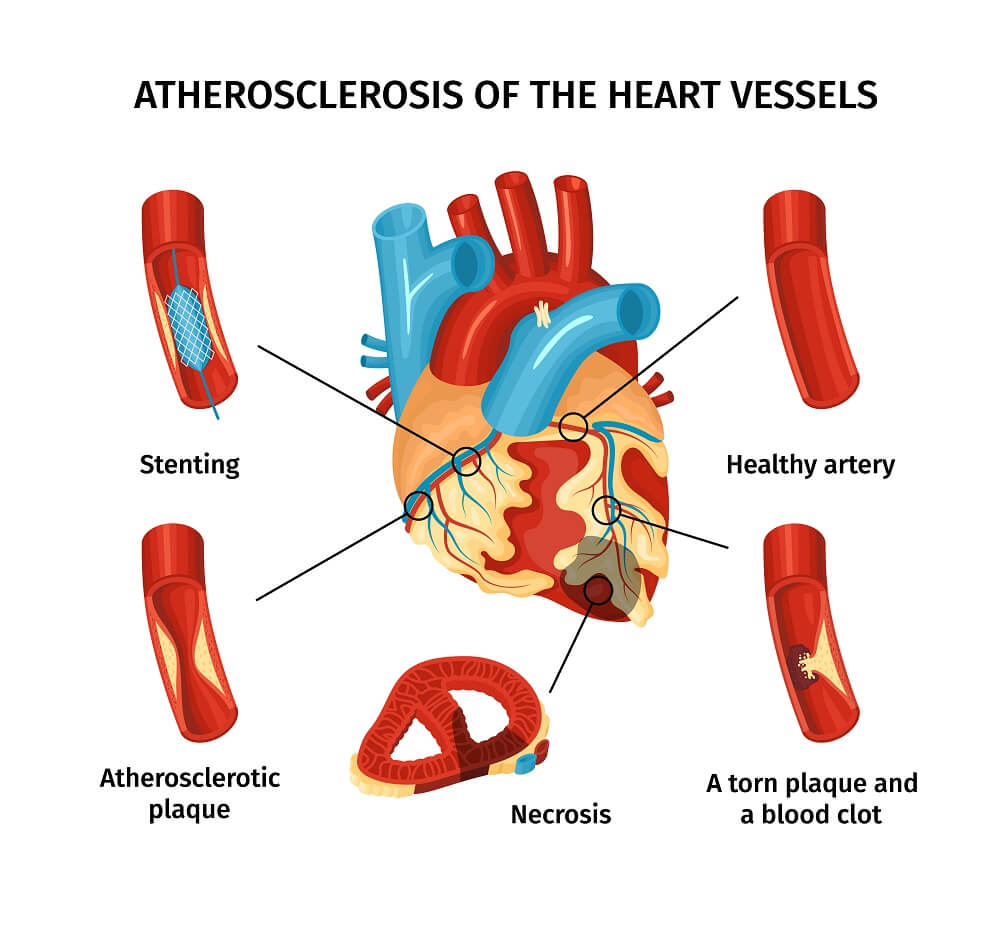
Atherosclerosis, also known as arteriosclerosis or atherosclerotic cardiovascular disease, is a chronic and progressive condition that occurs when plaque accumulates within the inner lining of the arteries, leading to their hardening and narrowing.
This plaque buildup consists of various substances, such as cholesterol, fat, calcium, and other cellular debris. It can disrupt the normal blood flow throughout the body and cause a wide array of severe health complications, including heart attacks and strokes.
In this article, we will delve deeper into the causes, symptoms, and treatment of atherosclerosis and understand its link with heart disease.
What Are the Causes and Risk Factors of Atherosclerosis?
Several factors can contribute to the development of atherosclerosis. These include:
- High Cholesterol: When LDL (low-density lipoprotein) or “bad” cholesterol levels are high in the blood, it can accumulate within the arterial walls, forming plaque.
- High Blood Pressure: Hypertension can damage the artery walls and lead to the formation of plaques.
- Tobacco Use: Cigarette smoking and other forms of tobacco use can damage the inner lining of the arteries, increasing the risk of plaque buildup.
- Obesity: Excess body weight can lead to high blood pressure, high cholesterol levels, and inflammation, all of which can increase the risk of atherosclerosis.
- Diabetes: Individuals with diabetes have a higher risk of developing atherosclerosis due to the damage high blood sugar levels can cause to the arterial walls.
- Family History: If a close family member has a history of atherosclerosis or heart disease, you may be at higher risk.
- Inflammatory conditions like arthritis also increase the risk of atherosclerosis.
Additionally, unhealthy lifestyle habits, such as excessive alcohol consumption and physical inactivity, can result in plaque buildup in the arteries. Similarly, consuming processed, high-sugar foods and beverages can increase your risk of atherosclerosis.
What Are the Symptoms of Atherosclerosis?
In the early stages, atherosclerosis may not cause any symptoms, and many individuals are unaware they have the condition. It is possible for an individual to develop the condition from their teenage years without even knowing. In many cases, patients only get diagnosed with atherosclerosis after they suffer a heart attack or stroke. That makes it crucial to watch out for potential signs and seek heart disease treatment at the earliest.
As the arteries narrow and the blood flow to vital organs is restricted, various symptoms may occur, such as:
- Chest Pain or Angina: It occurs when the heart does not receive enough oxygen-rich blood due to narrowed coronary arteries.
- Shortness of Breath: It can occur due to the reduced blood flow to the lungs, causing difficulty in breathing.
- Leg Pain: It happens due to reduced blood flow to the legs and feet, causing pain or cramping during exercise.
- Weakness, Numbness, and Confusion: It is the result of reduced blood flow to the brain or extremities.
- Erectile Dysfunction: Atherosclerosis can also affect blood flow to the penis, leading to erectile dysfunction in men.
If you experience symptoms like pain or heaviness in the chest, breathlessness, dizziness, and confusion, make sure you reach out to a heart disease specialist immediately. Other less obvious symptoms of atherosclerosis include difficulty seeing in one or both eyes, headaches, and drooping or paralyzed facial muscles.
How Is Atherosclerosis Diagnosed?
A heart specialist can use various methods to diagnose the condition. These include:
- Physical Exam: Your doctor may perform a physical examination and listen to your heart and lungs for any abnormalities.
- Blood Tests: Blood tests can measure cholesterol and triglyceride levels in the blood.
- Imaging Tests: Tests such as angiography, ultrasound, CT scans, or MRI can visualize the arteries and detect any narrowing or blockages.
- Electrocardiogram (ECG): An ECG can measure the electrical activity of the heart and detect any abnormalities.
Atherosclerosis and Heart Disease: Understanding the Link
Atherosclerosis can cause various complications, including heart disease, heart attacks, and strokes. Some of the possible complications of atherosclerosis include:
- Coronary artery disease: Atherosclerosis can narrow the arteries that supply blood to the heart muscle, leading to chest pain or a heart attack.
- Stroke: When plaque builds up inside the arteries that supply blood to the brain, it can cause a blockage, leading to a stroke. Also, plaque may rupture inside the arteries, causing a blood clot to form, which, in turn, can lead to a stroke.
- Peripheral artery disease: Atherosclerosis can also narrow the arteries that supply blood to the legs, causing leg pain or cramping during exercise. In severe cases, patients have to undergo amputation of the affected leg.
- Aneurysm: Atherosclerosis can weaken the arterial walls, causing them to bulge and form an aneurysm. If the aneurysm ruptures, it can be life-threatening.
- Atrial fibrillation: Atherosclerosis can increase the risk of atrial fibrillation, a heart rhythm disorder that can cause blood clots and stroke.
It’s essential to seek immediate heart disease treatment if you experience any symptoms of atherosclerosis or have risk factors for the condition. Early diagnosis and treatment can help prevent complications and improve overall health outcomes.
Treatment of Atherosclerosis
The treatment of atherosclerosis depends on the severity of the condition and the individual’s overall health. In mild cases, lifestyle changes such as quitting smoking, eating a healthy diet, exercising regularly, and controlling blood pressure and cholesterol levels may be enough to prevent the progression of the disease.
In more severe cases, medication may be prescribed to help reduce cholesterol levels, lower blood pressure, and prevent blood clots. In some cases, surgical procedures such as angioplasty of the heart or bypass surgery may be required to open up blocked arteries.
Final Thoughts
Atherosclerosis is a complex condition that can lead to a range of health problems, including heart disease, heart attacks, and strokes. It is essential to be aware of the risk factors and take steps to reduce the risk of developing this condition.
If you experience any symptoms of atherosclerosis, such as chest pain or shortness of breath, consult a heart specialist right away. With the proper treatment, it is possible to prevent the progression of the disease and reduce the risk of heart disease.
Dr. C Raghu is an eminent cardiologist and TAVR expert in India who specializes in interventional cardiology. If you or anyone you know is looking for the best heart doctor in Hyderabad, feel free to reach out to Dr. Raghu today.
Book Online Consultaion
Atherosclerosis and Heart Disease
– Blog
Subscribe the Hearty Life Blogs

DR. RAGHU | Best Cardiologist in Hyderabad
Cardiology Coronary, Vascular and
Structural Interventions
Conditions & Diseases
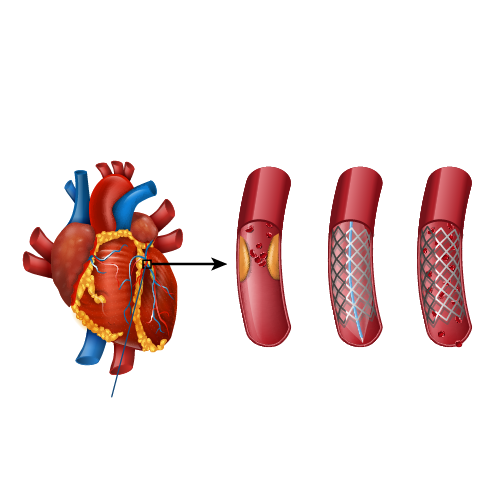
Angioplasty
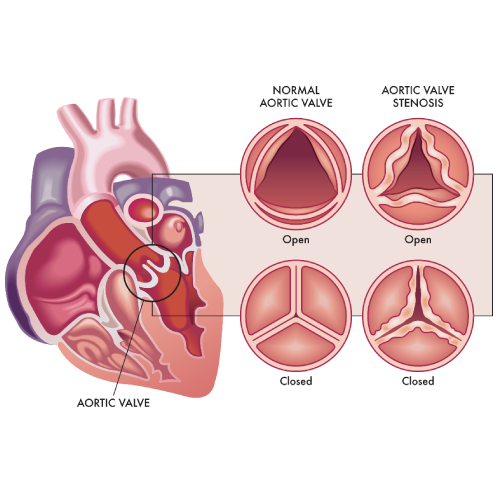
Aortic Stenosis
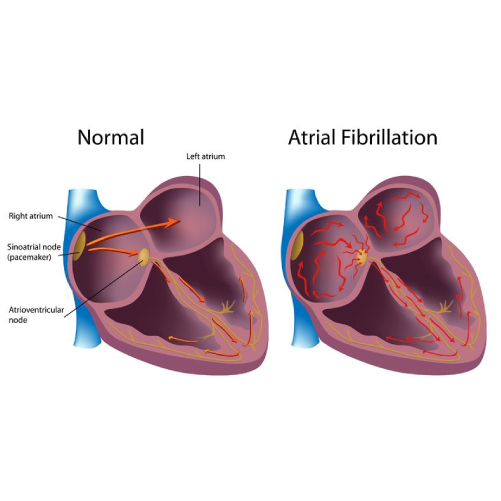
Atrial Fibrillation
